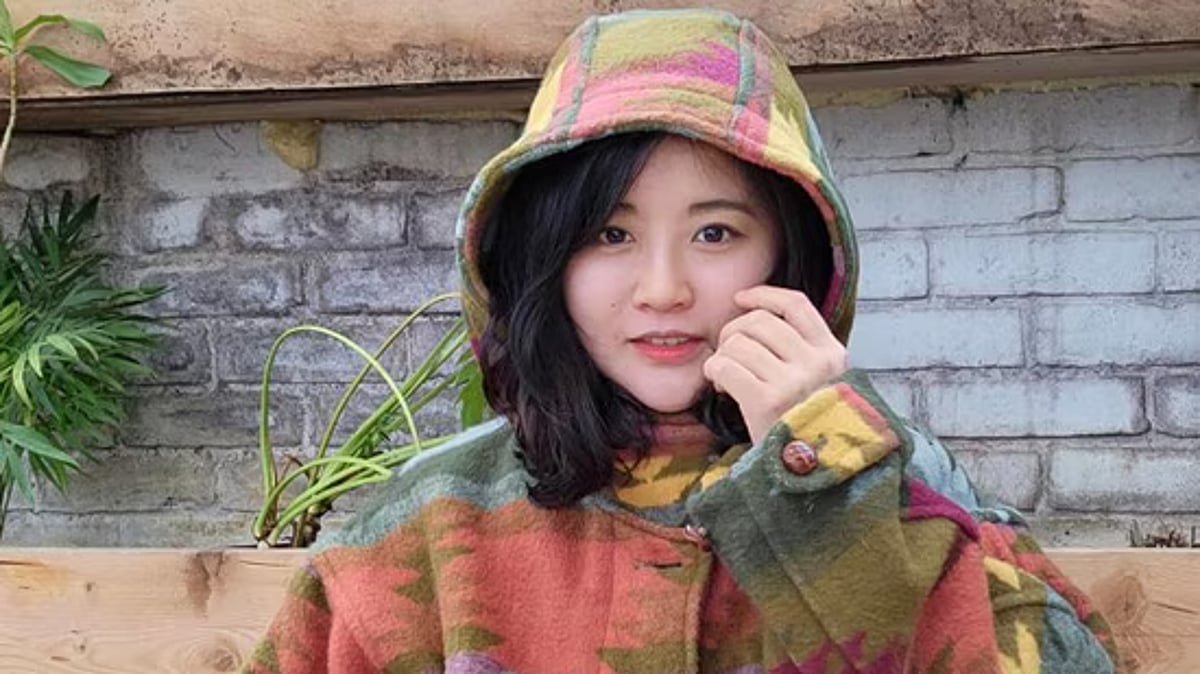South Korean Author Baek Se-hee Dies at 35
Baek Se-hee, a notable South Korean author, has died at the age of 35. She gained international recognition for her memoir, which candidly explored her struggles with mental health, resonating with readers around the world.
Impact of Her Memoir
Baek’s memoir, *I Want to Die but I Want to Eat Tteokbokki*, was originally published in Korean in 2018. The book features a series of conversations with her psychiatrist, revealing her battle with depression while highlighting the contrast between her dark thoughts and the small joys of life. The title, referencing a popular Korean snack, encapsulates her unique blend of humor and seriousness.
The memoir was translated into English in 2022, quickly becoming a bestseller. It has sold over a million copies and has been translated into 25 languages, allowing Baek’s poignant reflections to reach a global audience.
Tributes and Legacy
Anton Hur, the translator of her memoir, shared a heartfelt tribute on social media, noting that Baek’s legacy extends beyond her literary contributions. He mentioned that she saved five lives through organ donation, including her heart, lungs, liver, and kidneys. Her writing, however, has touched millions, offering solace and understanding to those grappling with similar issues.
FAQs
What was Baek Se-hee’s most famous work?
Baek Se-hee is best known for her memoir *I Want to Die but I Want to Eat Tteokbokki*, which discusses her experiences with depression and mental health.
How did Baek Se-hee’s memoir impact readers?
Her memoir resonated with many, as it candidly addressed mental health struggles while balancing dark themes with moments of joy, providing comfort and relatability to readers.
What happened to Baek Se-hee after her passing?
Following her death, it was reported that she donated her organs, saving five lives, which highlights her lasting impact beyond her literary work.
Conclusion
Baek Se-hee’s untimely passing is a significant loss to the literary world and her readers. Her memoir continues to inspire and provide comfort to those facing similar challenges, ensuring her voice remains influential. As her legacy lives on, many will remember her for both her poignant writing and her generous spirit.
Baek Se-hee’s work is part of a broader cultural movement in South Korea that has increasingly brought mental health issues into public discourse. In recent years, there has been a growing awareness of mental health challenges, particularly among younger generations. This shift has been accompanied by a rise in literature and media that addresses these topics, making Baek’s contributions particularly relevant. Her memoir not only reflects her personal struggles but also serves as a voice for many who feel isolated in their experiences, helping to destigmatize conversations around mental health in South Korea and beyond.
The success of *I Want to Die but I Want to Eat Tteokbokki* has also sparked discussions about the role of literature in mental health advocacy. Readers have praised Baek’s ability to articulate complex emotions and experiences, which can often be difficult to express. By sharing her journey, she has encouraged others to seek help and share their own stories, fostering a sense of community among those affected by similar issues. This impact is evident in the numerous testimonials from readers who found solace in her words, highlighting the power of literature to connect individuals and promote healing.
Baek’s passing comes at a time when the literary world is increasingly recognizing the importance of diverse voices and narratives. Her unique perspective as a young woman navigating mental health challenges has contributed to a richer understanding of these issues in literature. As her work continues to circulate globally, it is likely to inspire future authors to explore their own experiences with vulnerability and honesty, further enriching the literary landscape. The legacy of Baek Se-hee will endure not only through her writing but also through the conversations she has sparked about mental health and the human experience.
Also Read:
OPPO Launches Find X9 Series with ColorOS 16 Features







